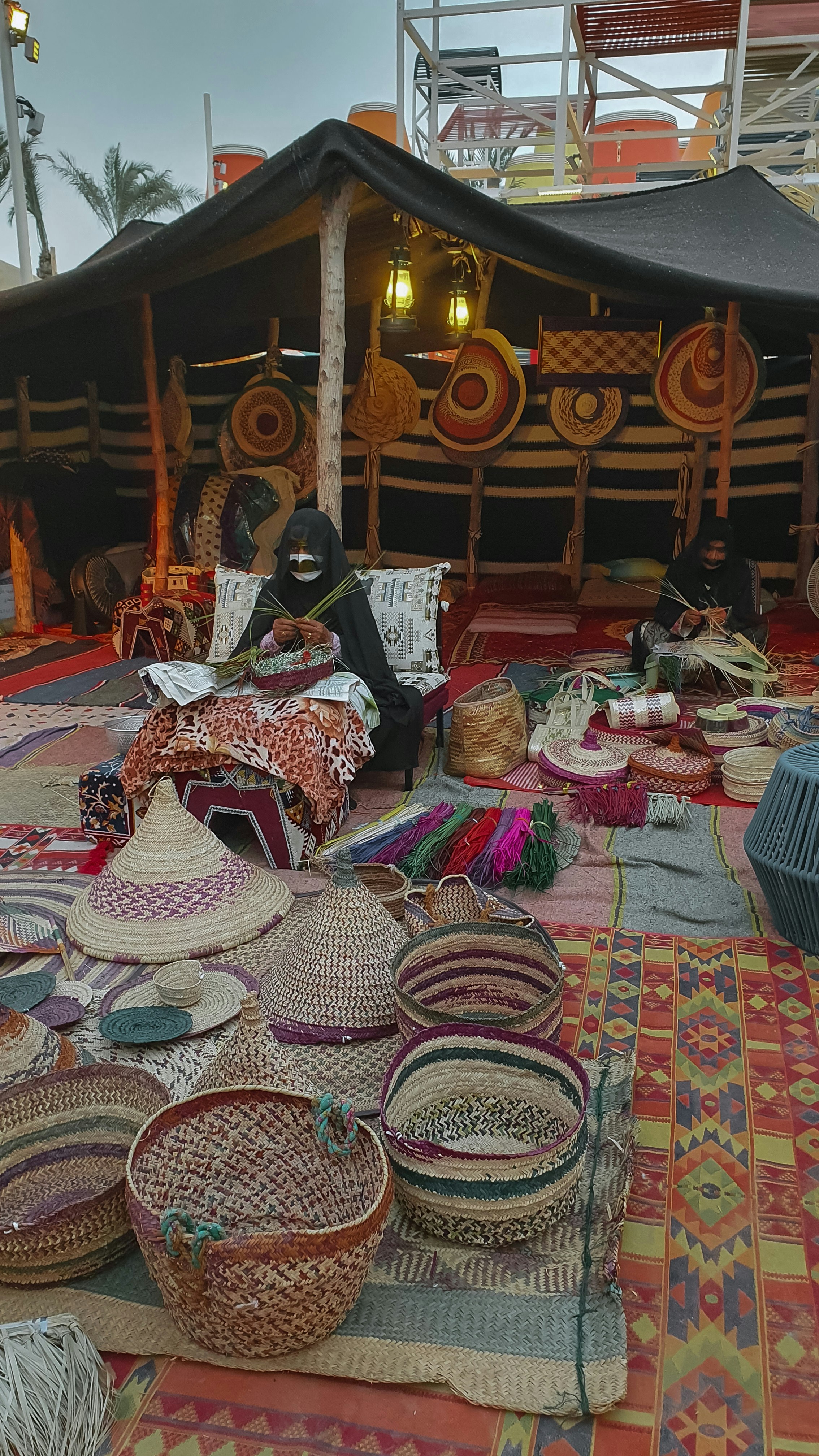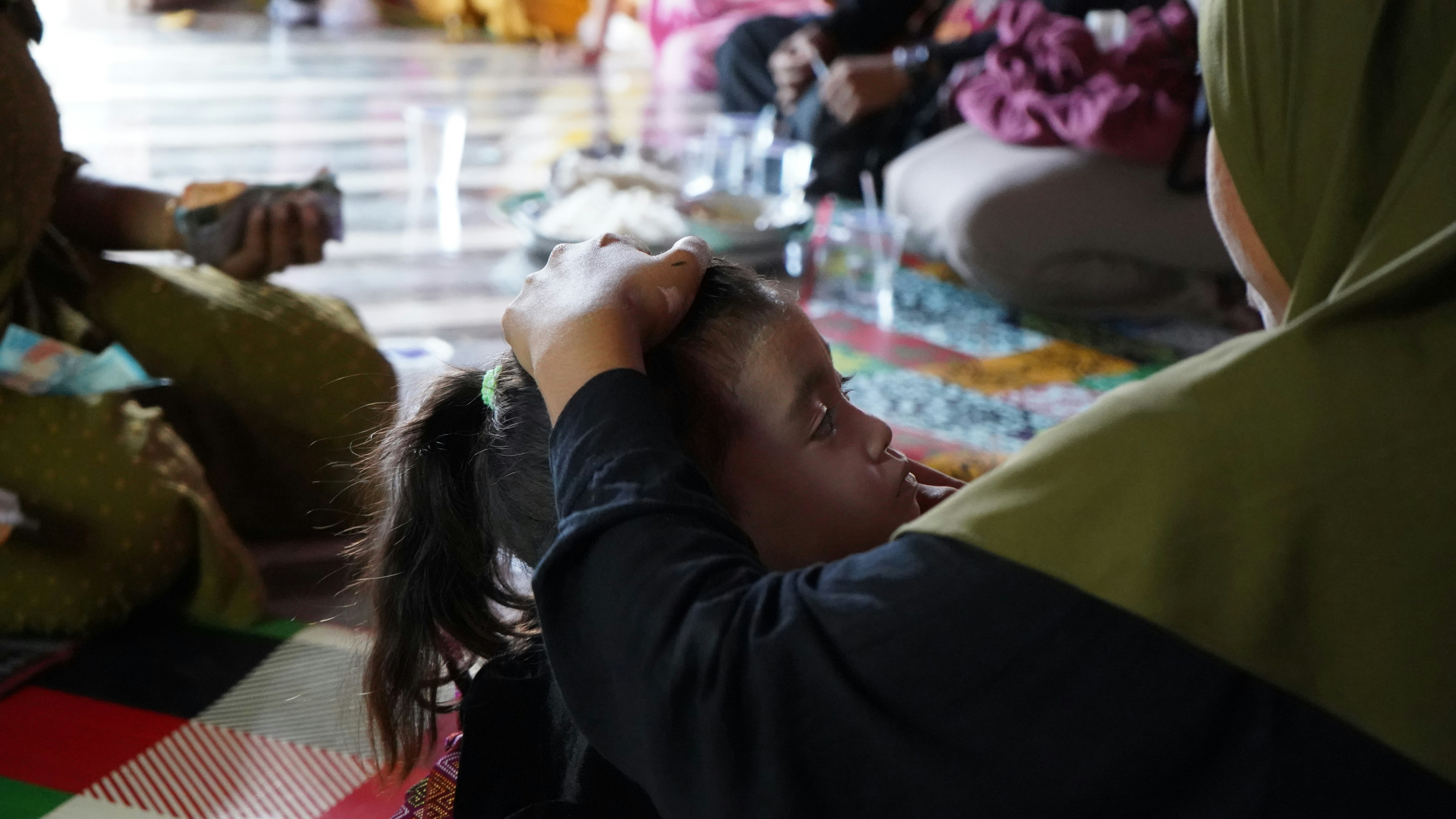Embracing the Old While Welcoming the New: The Importance of Timeless Traditions in Contemporary Life
December 4, 2024 | by k12gaines@gmail.com
 Photo by Devarya Ruparelia on Unsplash
Photo by Devarya Ruparelia on Unsplash The Significance of Ancestral Customs in Today’s World
In an era characterized by rapid globalization and ever-evolving lifestyles, the endurance of traditional practices and ancestral customs holds profound significance. These customs serve not only as cultural pillars but also as vital measures for preserving identity amidst a homogenized global society. Each tradition, deeply rooted in unique histories and societal experiences, provides individuals with a sense of belonging, reinforcing community ties that might otherwise weaken in the face of modernization.
Family gatherings, rites of passage, community events, and festivals are prime examples of how these time-honored practices contribute to social cohesion. Such gatherings often serve as venues for passing down values, methods of communication, and rituals from one generation to the next. The role of traditional celebrations, for instance, cannot be overstated; they allow individuals to reconnect with their heritage while fostering relationships within the community. This connection to the past ensures that identity remains intact and continues to evolve positively in the face of contemporary changes.
Moreover, ancestral customs provide a source of wisdom and stability that is essential for personal and collective growth. In a world that often prioritizes convenience and instant gratification, these traditions encourage patience, reflection, and deep appreciation of life’s journey. As people find themselves overwhelmed by the pace of modern life, turning to these age-old practices can offer comfort and continuity—a reminder of the values and principles that have shaped their communities over the years. By weaving traditional practices into the fabric of contemporary life, individuals can navigate their identities in a more meaningful way, marrying the old with the new for a harmonious coexistence.
Balancing Modern Innovation with Historical Values
As society progresses into an era defined by rapid technological advancements, the pivotal challenge lies in striking a balance between embracing modern innovation and upholding historical values. The risk of overshadowing rich traditions is a legitimate concern, as contemporary practices may inadvertently contribute to cultural erosion. It is essential to recognize that both innovation and tradition play significant roles in shaping our identity and societal framework.
One compelling illustration of this balance can be found in the culinary arts. Many chefs incorporate traditional recipes into modern dining experiences, ensuring that techniques and flavors handed down through generations are not lost. For instance, the resurgence of interest in farm-to-table dining emphasizes the importance of locally-sourced ingredients, often rooted in historical farming methods. This integration not only respects tradition but also introduces these values to a modern audience eager for sustainable practices.
Similarly, in the realm of architecture, there is a notable trend of blending historical design elements into contemporary buildings. This approach preserves the aesthetic and cultural narratives of a location while fulfilling the functional needs of today’s environment. By blending old and new, communities can create spaces that honor their heritage, instilling a sense of continuity and belonging for residents.
To navigate these changes effectively, communities must adopt a proactive approach. Encouraging dialogue among various generations can lead to innovative practices that honor tradition while addressing contemporary challenges. Educational programs focused on cultural heritage can instill pride in historical values, allowing individuals to understand and appreciate their roots amidst a rapidly changing landscape.
In this way, the coexistence of modern advancements and cherished customs not only enhances our collective identity but also ensures that the essence of our historical narratives remains vibrant and relevant for future generations.
RELATED POSTS
View all



